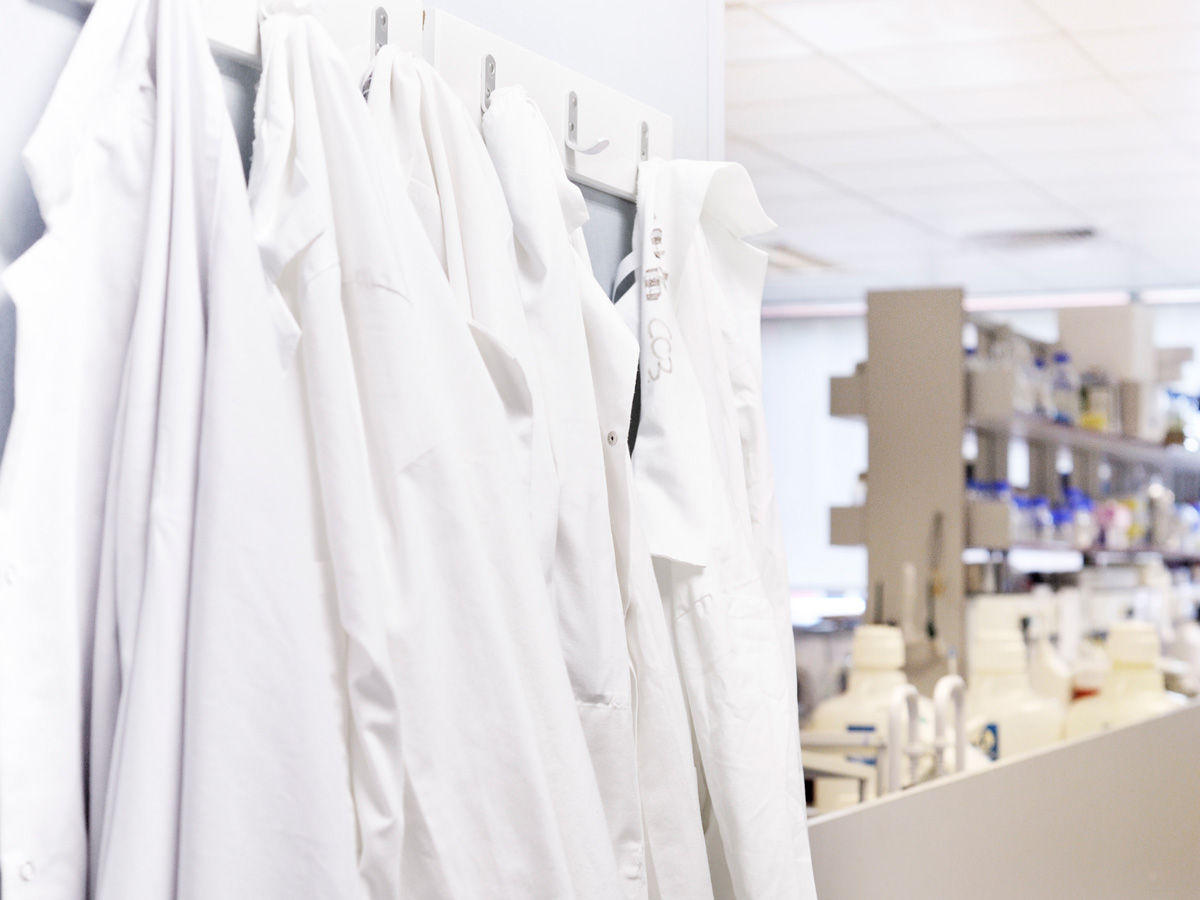Under-funded and under pressure

Picture: © iStock
The Royal Society of Chemistry and the Institute of Physics have launched a joint report which highlights the state of university chemistry and physics departments in the UK. The report shows that whilst the numbers of undergraduate students have increased significantly in recent years, this increase has not been matched by a proportionate increase in funding. Consequently, most UK university chemistry and physics departments continue to run deficits in teaching and research and operate at a substantial deficit overall.
The report calls for support for teaching and research in departments to be maintained and increased so that they can continue to contribute to the economy and increase their capacity. Despite recent increases in the uptake of STEM subjects at university, there is still an estimated annual shortfall of around 40,000 STEM graduates in the UK (requiring an increase of nearly 50% on those graduating in 2012/13).
On the launch of the report, Professor Sir John Holman, president-elect of the Royal Society of Chemistry says: "Investment in chemistry and physics is critical to the future of the UK economy. While UK chemistry and physics departments have made significant efficiency savings over recent years, they continue to operate at a substantial and unsustainable deficit.
"These laboratory courses can be expensive to run but while they are strategically important they are also vulnerable. Chemistry and physics departments are heavily dependent on public funding, making them especially susceptible to the ups and downs of the economy."
For the ten chemistry and ten physics departments for which full income and Transparent Approach to Costing (TRAC)-derived cost data were available, the overall deficits were 21% and 19% of income, respectively. While for English departments money for strategically important and vulnerable subjects (SIVS) is vital to help improve their financial position, the amount of funding departments receive per student has been eroded as student numbers have increased and SIVS funding is capped.
Professor Roy Sambles, president of the Institute of Physics, says: "UK physics and chemistry departments make a vital contribution to UK productivity and are essential for training the next generation of STEM-skilled employees. Their research also underpins major aspects of UK innovation and addresses modern policy challenges.
"We are currently approaching a government spending review. In this context it is important to ensure that these departments, which are essential to the UK’s future prosperity, are kept on a sustainable footing and can continue to work to their full potential."
Report and briefing below.